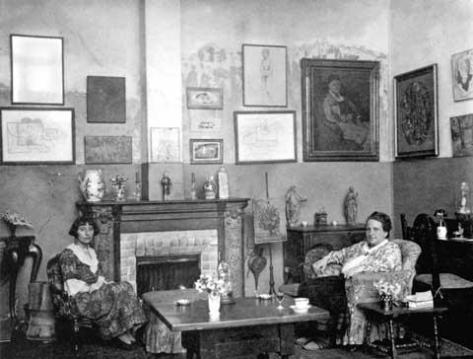Interesting Facts:
1. He was a failed KGB Spy.
2. Ernest had a rather flat derriere.
3. Ernest was charged with war crimes when he took command and lead a militia group to fight the Nazis.
4. Ernest stole a urinal from his favorite bar claiming that he had “pissed away” enough money into it that, as a result, he should own it. He ended up sticking the urinal in his house.
5. Ernest Hemingway once published a recipe for apple pie in his column. In fact, he had a lot of recipes for food, and some of them even ended up being museum pieces like his hamburger recipe below.
6. Hemingway was checked in to the Mayo Clinic in Minnesota under the name Saviers, and the press believed he was being treated for hypertension.
7. His six-toed cat was a rather busy cat in Key West. This is why there is no shortage of six-toed cats in Key West.
8. His death was found to be self-inflicted, but the newspapers called it “accidental.” Five years later, Mary, his wife, publicly disclosed that the cause of death was suicide.
9. Ernest killed himself with his favorite shotgun, purchased from Abercrombie & Fitch.
10. During his 62 years, he married four times and divorced three times (Hadley Richardson, Pauline Pfeiffer, Martha Gellhorn, Mar Welsh Hemingway). Martha Gellhorn never liked being his third wife and would require any interviewer to never mention Hemingway.
Biography:
He was an American author and journalist. His economical and understatedstyle had a strong influence on 20th-century fiction, while his life of adventure and his public image influenced later generations. Hemingway produced most of his work between the mid-1920s and the mid-1950s, and won the Nobel Prize in Literature in 1954. He published seven novels, six short story collections, and two non-fiction works. Additional works, including three novels, four short story collections, and three non-fiction works, were published posthumously. Many of his works are considered classics of American literature. Hemingway was raised in Oak Park, Illinois. After high school he reported for a few months for The Kansas City Star, before leaving for the Italian front to enlist with the World War I ambulance drivers. In 1918, he was seriously wounded and returned home. His wartime experiences formed the basis for his novel A Farewell to Arms. In 1921, he married Hadley Richardson, the first of his four wives. The couple moved to Paris, where he worked as a foreign correspondent and fell under the influence of the modernist writers and artists of the 1920s “Lost Generation” expatriate community. He published his first novel, The Sun Also Rises in 1926. After his 1927 divorce from Hadley Richardson, Hemingway married Pauline Pfeiffer; they divorced after he returned from the Spanish Civil War where he had been a journalist, and after which he wrote For Whom the Bell Tolls (1940). Martha Gellhorn became his third wife in 1940; they separated when he met Mary Welsh in London during World War II. He was present at the Normandy Landings and the liberation of Paris. Shortly after the publication of The Old Man and the Sea (1952), Hemingway went on safari to Africa, where he was almost killed in two successive plane crashes that left him in pain or ill health for much of his remaining lifetime. Hemingway maintained permanent residences in Key West, Florida (1930s) and Cuba (1940s and 1950s), and in 1959, he bought a house in Ketchum, Idaho, where he committed suicide in the summer of 1961.
 (Scott Fitzgerald)
(Scott Fitzgerald)
